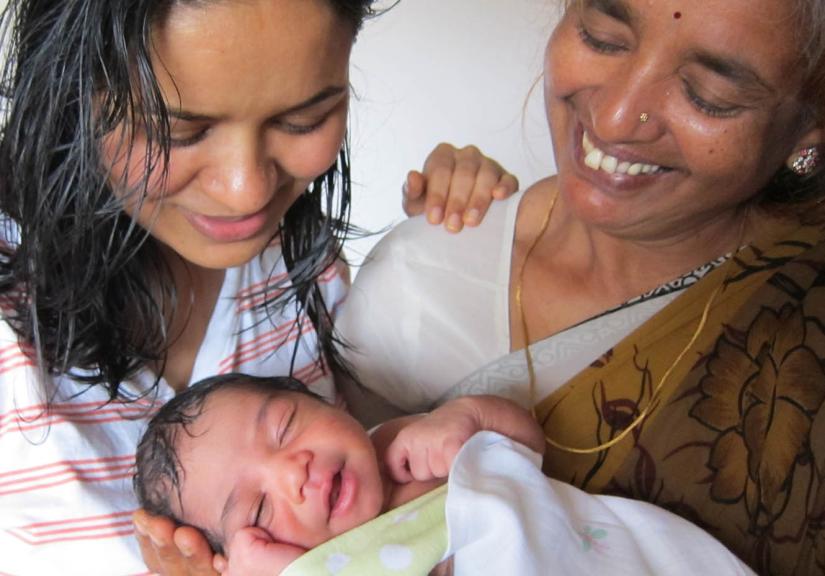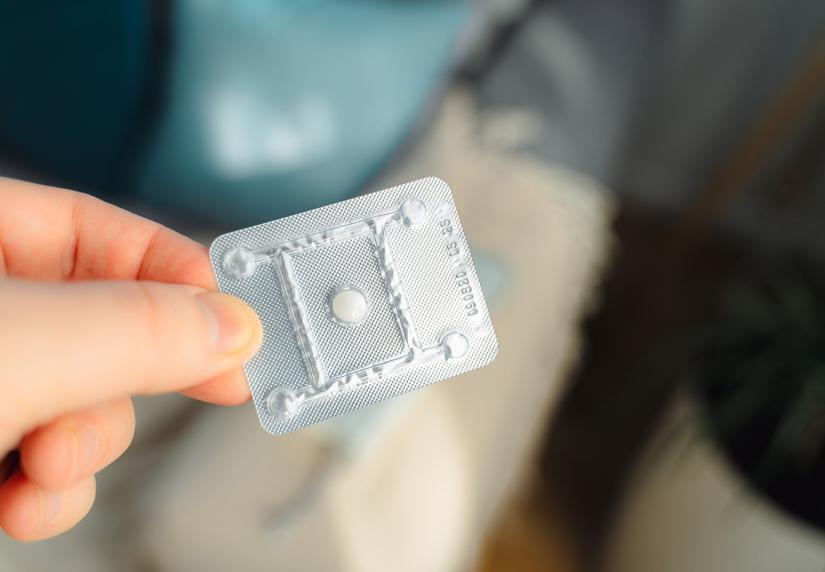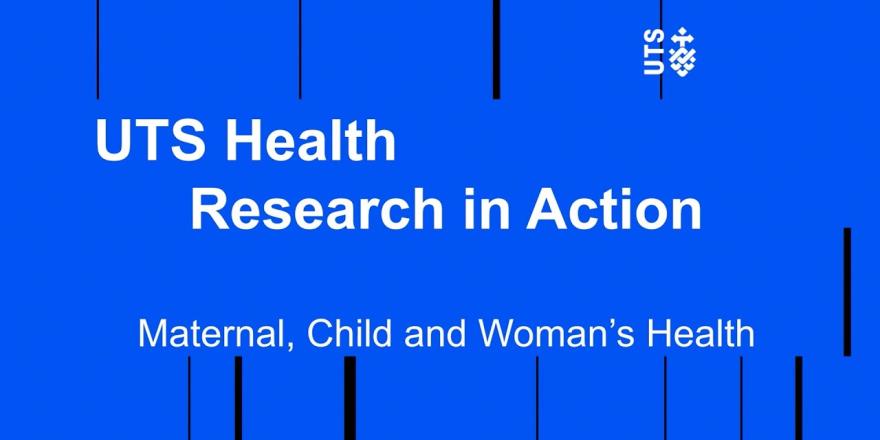Key objectives
-
Conduct high-quality research to improve the quality of practice, services and systems
-
Develop, evaluate and improve practice development initiatives that are based on evidence and best practice and provide technical, evidence-based consultancy services
-
Contribute to, and participate in, the educational and professional development of midwives, nurses and other relevant healthcare professionals
-
Support capacity building in higher degree research students and early career researchers and support leadership development
-
Foster collaborative relationships and interdisciplinary research in practice development and knowledge translation to enable system-level reform
-
Explore ways in which midwives maintain woman-centred practice when interacting with technology in the pregnancy, birthing and postnatal spaces.
Learn more
-
Research in Action: Global Health
Prof Angela Dawson: Welcome to the Faculty of Health here at the University of Technology, Sydney.
Our global health research at UTS focuses on making a difference to improving health and reducing health inequity to achieve the sustainable development goal targets by 2030.
Claire Rogers: I got interested in contraception and sexual reproductive health from many many years of travelling internationally and travelling through developing countries, and also realising there's an incredible unmet need for access to contraception and reproductive health services in developing countries, but also in humanitarian crisis settings.
Hannah Ireland: My research is looking at the role of social capital in women's sexual and reproductive health and rights in humanitarian settings. It’s a bit of a mouthful, but social capital is the resources that are embedded in our social networks. I’ll be travelling to three islands in Fiji that were impacted by cyclones to speak with those women who were impacted and to try and understand how they drew on their networks and their social capital during that time to support their sexual and reproductive health.
Prof Angela Dawson: Unintended pregnancies are a major public Health issue. So, although emergency contraception pills have been available for over 20 years, there are immense barriers for accessing them, particularly for women in low and lower middle-income countries. This research is unique because there's very little attention that's been paid to emergency contraception. It is one of the 13 essential commodities that should be embedded within all countries, but unfortunately, it's not always available. Knowledge is low, uptake is low of this essential commodity.
Prof Kathleen Baird: We know it's a global problem, domestic and family violence. In a lot of developing countries, they don't have women's support groups. They don't have refuges that women can go to. That work has to be looked at and dealt within the context of each country that you're doing the work in. Certainly, that's the belief of the World Health Organisation is yes, it's a global problem, yes, we have to address it, but there has to be the support and the resources there if you're going to ask those questions to be able to support women, or else it's unethical to do the work. I have supported several PhD students from Nepal, from Ethiopia, where their health professionals worked with women to give them some strategies around how they could work with this, and I measured their wellbeing just by having support from the healthcare professionals.
Prof Angela Dawson: I want people to understand the importance of contraception as an important public health intervention, particularly as an essential commodity that should be available and accessible by all women and adolescents.
Hannah Ireland: I hope that this research might shed some light on how we can better harness strengths that exist in the communities.
Prof Kathleen Baird: This work is growing all the time, and my hope is eventually that every country will have resources and be able to support women who are brave enough to disclose about domestic and family violence.
Claire Rogers: I think the main key message is sexual and reproductive health and rights are human rights, that every person deserves to have access to services and contraceptive options that best suit them and their family and their needs.
-
Video: Research in action – Maternal Child and Women’s Health
Our collaborative research improves the health of pregnant women, children and adolescents in Australia with a particular focus on the Asia Pacific region.
-
Prof Angela Dawson:
Welcome to the Faculty of Health here at the University of Technology, Sydney. Our collaborative research improves the health of pregnant women, children and adolescents in Australia with a particular focus on the Asia-Pacific region.
Prof Kathleen Baird:
30% of all women who experience domestic and family violence, the first incident of family violence will occur during pregnancy. What we are hoping, by researching and by talking about this, is to take away that stigma and shame, but also for women to feel safe, to be able to say, "Yes, I'm in a violent relationship. Yes, I feel I need support."
Prof Angela Dawson:
There are about 200 million women and girls who are affected by female genital mutilation, FGM, in the world today. It's estimated there are about 54,000 women and girls in Australia who have FGM.
Prof Sabera Turkmani:
The practise originated from Horn of Africa and then migrated to Middle East, but most people are thinking that this practise is just going on in those parts of the world. We have seen more and more women in developed countries, such as Australia. My research was to bring up more evidence in the area of maternal health, in relation to health of those women who have undergone this practise. It's very important for the health professionals to have a cultural knowledge and know how to provide culturally sensitive and safe care to those women.
Prof Kathleen Baird:
In pregnancy, women are asked very sensitive questions about that lifestyle by midwives. So trust is really, really important in that relationship, when midwives step into that space and start to ask those questions, but we have to think about how we ask it. Asking that question in the right way is really, really important, which is why education and training and support for professionals in this space is really, really important.
Prof Sabera Turkmani:
The other area which these women really desire in their care, that they should be involved in the process of their care as equal part, not just sitting there and being told by providers what they should do.
Prof Kathleen Baird:
Having their voice and understanding what works for them is really, really important in this work. I would not dream of doing this work without their involvement.
Prof Angela Dawson:
This is a key part of patient-centred care, is ensuring that women are at the forefront of their care and are involved in shared decision making. We need to ensure that clinicians are talking to women in a way that's appropriate and meaningful and relevant, and takes their values and preferences for care into that space.
Prof Sabera Turkmani:
My key message for health providers, women know a lot about their body and what is their need. When you're providing care to the women, especially those who are coming from a different culture with a special need, such as those who have been affected with female genital inhalation, consider their needs and count them as part of the care. Make yourself competent and confident in providing safe care to those who are in need.








